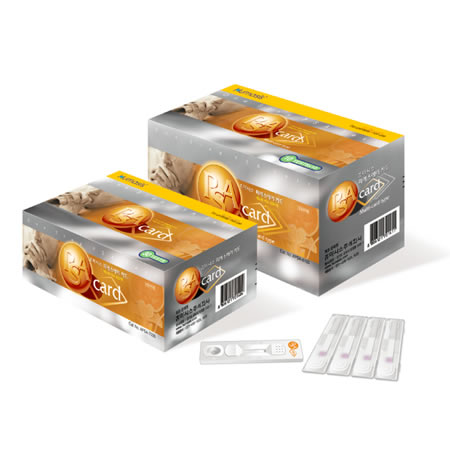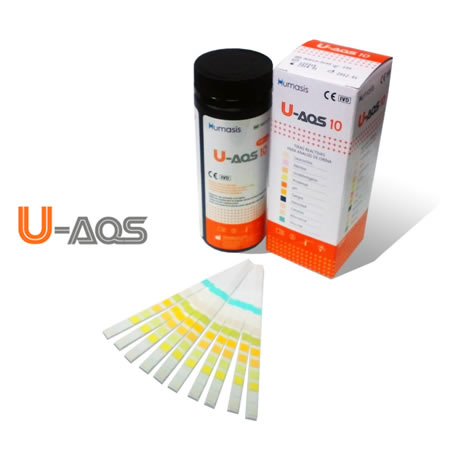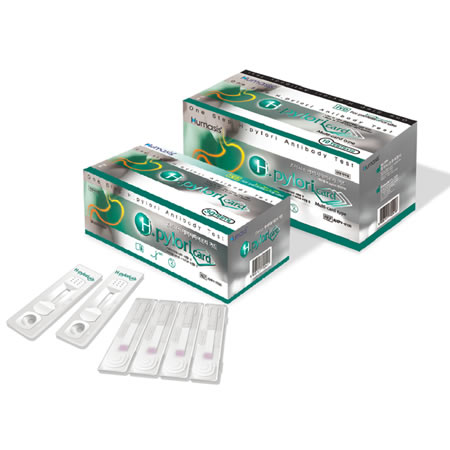What is Prostate-Specific Antigen (PSA) Test?
Prostate-specific antigen, or PSA, is a protein produced by cells of the prostate gland. The PSA test measures the level of PSA in a man’s blood. The blood level of PSA is often elevated in men with prostate cancer, and the PSA test was originally approved by the FDA in 1986 to monitor the progression of prostate cancer in men who had already been diagnosed with the disease. In addition to prostate cancer, a number of benign (not cancerous) conditions can cause a man’s PSA level to rise. The most frequent benign prostate conditions that cause an elevation in PSA level are prostatitis (inflammation of the prostate) and benign prostatic hyperplasia (BPH) (enlargement of the prostate). There is no evidence that prostatitis or BPH leads to prostate cancer, but it is possible for a man to have one or both of these conditions and to develop prostate cancer as well.
| Model name: PSA Test |
| Humasis PSA Card is a one step in vitro diagnostic test based on immunochromatographic assay. It is designed for detection of human PSA in serum, plasma or whole blood specimen. |
| · Simple one-step PSA rapid test |
| · Blood sample: 100ul of whole blood / serum / plasma |
| · Highly sensitive and easy to use |
| · Limit of detection: 4ng/ml of PSA |
| · Relative sensitivity: 98% |
| · Relative specificity: 98% |
| · Relative accuracy: 98% |
| · Storage: room temperature (1~30℃) |
| · Shelf-life: 18 months. |
| · Shelf-life: 18 months. |
User Instructions

Result Interpretation








